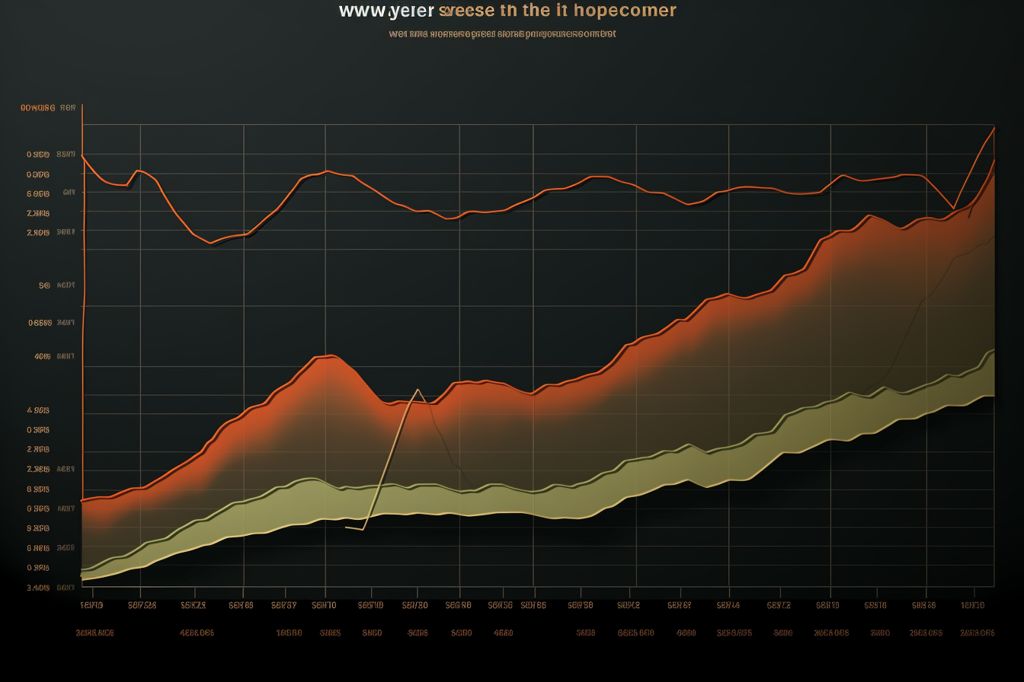South Africa’s Minister of Agriculture, Land Reform and Rural Development, Thoko Didiza, is collaborating with stakeholders to address the avian influenza outbreak that poses risks to both the poultry industry and consumers. The minister is evaluating proposals for a potential vaccination program that could control the disease and protect the egg production industry. She is also taking steps to ensure sufficient egg and chicken meat supply for consumers, enhancing the efficiency of issuing import permits for egg products and examining trade instruments to facilitate the supply of chicken meat. The response to the outbreak provides valuable insights for other countries and industries that may confront similar challenges.
Addressing the Avian Influenza Outbreak
South Africa is currently grappling with avian influenza, a disease that poses significant risks to both the poultry sector and consumers. Ms. Thoko Didiza, the Minister of Agriculture, Land Reform and Rural Development, is taking active steps to address this issue by collaborating with various stakeholders, including the South African Poultry Association and retailers.
The outbreak of avian influenza has raised major concerns about its impact on egg production. Some areas in the country have experienced supply shortages, causing potential disruptions for consumers. In response, Minister Didiza is prioritizing efforts to ensure the availability of eggs while simultaneously working to control the disease.
One of the key strategies discussed in recent meetings is the potential of vaccination. Several suppliers have submitted applications for assessment, and the minister is currently evaluating their proposals. A well-planned vaccination program could potentially control the outbreak and protect the egg production industry from further issues.
Ensuring Sufficient Egg and Chicken Meat Supply
In addition to vaccination, Minister Didiza is taking steps to secure enough egg supplies for South African consumers. This involves enhancing the efficiency of issuing import permits for egg products, which would allow retailers to replenish their shelves more rapidly, ensuring households have a consistent source of eggs throughout the country.
Furthermore, the minister is keeping a close eye on the supply of broiler chicken meat in the poultry industry. Alongside Minister Patel, Minister Didiza is examining trade instruments to facilitate the supply of chicken meat, making certain that consumers have access to affordable and readily available poultry products.
The collaborative approach adopted by government officials, industry representatives, and retailers highlights the importance of working together to address challenges such as the avian influenza outbreak. United, all parties can develop and implement solutions that protect the interests of both producers and consumers.
Learning from the Avian Influenza Response
Historically, there have been numerous instances where societies have faced food supply chain crises. The ongoing avian influenza outbreak in South Africa serves as a stark reminder that such challenges can emerge unexpectedly, necessitating swift and well-coordinated action to mitigate their effects.
During such times, the role of government officials, like Minister Didiza, becomes increasingly critical. By actively engaging with stakeholders in the poultry industry and comprehending the full range of issues, she demonstrates her dedication to supporting farmers and ensuring a stable supply chain for consumers.
Furthermore, efforts to combat the avian influenza outbreak extend beyond addressing immediate concerns. The proposed vaccination program is a medium-term solution that could bolster the overall resilience of the poultry industry. By considering short-term and long-term strategies, the government is investing in the sector’s future.
Throughout this process, the response to the avian influenza outbreak provides valuable insights for other countries and industries that may confront similar challenges. It underscores the importance of prompt communication, collaboration, and decisive action in reducing the impact of diseases on agriculture and food supply chains.
As the situation progresses, the South African government’s proactive approach to tackling avian influenza offers a compelling model for others to emulate. By engaging with stakeholders, implementing containment measures, and exploring innovative solutions like vaccination programs, Minister Didiza’s efforts could not only control the current outbreak but also enhance the long-term resilience of the poultry industry and ensure a stable food supply for consumers.
Despite the significant challenges posed by the avian influenza outbreak to South Africa’s poultry industry, the government and stakeholders’ response demonstrates a commitment to overcoming adversity. By working together and exploring innovative solutions, the country can emerge from this crisis stronger and better prepared for future challenges, ensuring the continued well-being of both the industry and consumers.
1. What is avian influenza and why is it a concern?
Avian influenza is a disease that affects birds, including chickens and other poultry. It is a concern because it can cause significant disruptions to the poultry industry and supply chain, as well as potentially pose health risks to consumers who consume infected meat or eggs.
2. Who is Thoko Didiza and what is her role in addressing the avian influenza outbreak?
Thoko Didiza is South Africa’s Minister of Agriculture, Land Reform and Rural Development. Her role includes collaborating with stakeholders to address the avian influenza outbreak and evaluating proposals for a potential vaccination program to control the disease and protect the egg production industry.
3. What strategies are being discussed to control the avian influenza outbreak?
One of the key strategies being discussed is the potential use of vaccination. Several suppliers have submitted applications for assessment, and Minister Didiza is currently evaluating their proposals.
4. What steps is Minister Didiza taking to ensure sufficient egg supplies for consumers?
Minister Didiza is enhancing the efficiency of issuing import permits for egg products, which would allow retailers to replenish their shelves more rapidly, ensuring households have a consistent source of eggs throughout the country.
5. Why is the supply of broiler chicken meat also a concern?
The supply of broiler chicken meat is a concern because it is another product that consumers rely on and the outbreak of avian influenza may cause potential disruptions to its availability.
6. What is the importance of the collaborative approach adopted by government officials, industry representatives, and retailers?
The collaborative approach highlights the importance of working together to address challenges such as the avian influenza outbreak. United, all parties can develop and implement solutions that protect the interests of both producers and consumers.
7. What can other countries and industries learn from the response to the avian influenza outbreak in South Africa?
Other countries and industries can learn the importance of prompt communication, collaboration, and decisive action in reducing the impact of diseases on agriculture and food supply chains. Additionally, the proposed vaccination program is a medium-term solution that could bolster the overall resilience of the poultry industry.
8. How can the South African government’s proactive approach to tackling avian influenza offer a compelling model for others to emulate?
By engaging with stakeholders, implementing containment measures, and exploring innovative solutions like vaccination programs, Minister Didiza’s efforts could not only control the current outbreak but also enhance the long-term resilience of the poultry industry and ensure a stable food supply for consumers.








